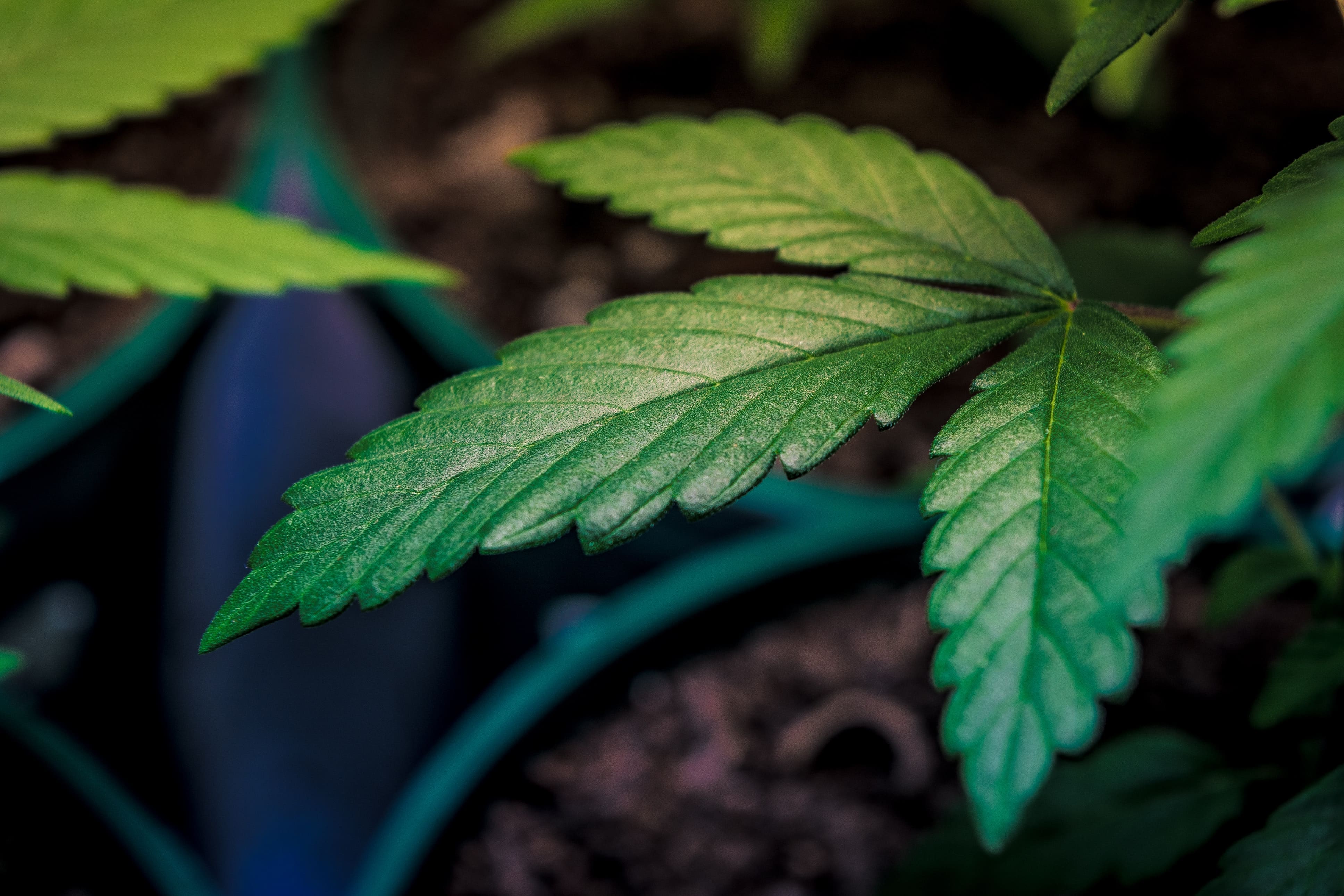Politics
Change To Minnesota’s Marijuana Law Makes All Military Veterans Eligible For Social Equity Status

Previously, the only current or former military members able to apply were disabled veterans, current and former National Guard members and veterans who had lost honorable status due to cannabis offenses.
By Christopher Ingraham, Minnesota Reformer
More than 327,000 military veterans live in Minnesota, comprising about 6 percent of the state population. Starting this summer they’ll be able to get a leg up on competitors in applying for cannabis business licenses under changes to legalization passed by the Legislature at the end of this session (pending the signature of Gov. Tim Walz (DFL)).
The addition of all veterans greatly expands the pool of Minnesotans eligible to be considered “social equity” applicants, a designation created to “prioritize people who have been harmed by prohibition,” as chief author Rep. Zack Stephenson (DFL-Coon Rapids) said last year. People who have been previously convicted of cannabis offenses, who have had family members convicted of cannabis offenses or who live in disadvantaged areas are also eligible for a social equity license.
Previously, the only current or former military members able to apply were disabled veterans, current and former National Guard members and veterans who had lost honorable status due to cannabis offenses.
Other provisions of this year’s cannabis bill give social equity applicants a leg up on their competitors by making them eligible for pre-approval of their licenses and giving some of them the ability to start cultivating cannabis plants early. The goal is for social equity applicants to start selling product as soon as the first retail stores open, perhaps next spring, while traditional applicants are still getting their businesses set up.
The bill also includes a major change to eligibility rules for medical marijuana patients. Previously, only patients with specific conditions like cancer, HIV/AIDS or glaucoma were eligible for medical marijuana. Now, patients can get medical marijuana for any condition a physician recommends it for.
Other changes passed this year are largely in line with requests made by the Office of Cannabis Management. They include:
- Caps on the number of licenses given out to cultivators, manufacturers and retailers;
- licensing by a random lottery-based system, rather than a points-based system;
- exemption to license limits for cities and towns seeking to open municipal cannabis stores;
- allowing bars to sell both THC and alcoholic beverages to the same person, provided the person is not visibly intoxicated.
This story was first published by Minnesota Reformer.




